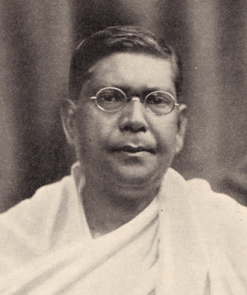A Quote by Dalai Lama
Because my main concern is the Tibetan Buddhist culture, not just political independence, I cannot seek self-rule for central Tibet and exclude the 4 million Tibetans in our two eastern provinces of Amdo and Kham.
Related Quotes
One of the happier ironies of recent history is that even as Tibet is being wiped off the map in Tibet itself, here it is in California, in Switzerland, in Japan. All over the world, Tibetan Buddhism is now part of the neighborhood. In 1968, there were two Tibetan Buddhist centers in the West. By 2000, there were 40 in New York alone.
The Tibetan religion has a past. And furthermore it has such an appeal. There again young people today are drawn to Buddhism and to Tibet. It's not only because of the Dalai Lama. It's because of what Tibet represents. There is a vast reservoir of knowledge, of mystical knowledge, which can be found in Tibet.The Chinese shouldn't be afraid of that really. They have other means of survival.
I remember how people would often come to see my master Jamyang Khyentse simply to ask for his guidance for the moment of death. He was so loved and revered throughout Tibet, especially in the eastern province of Kham, that some would travel for months on end to meet him and get his blessing just once before they died. All my masters would give this as their advice, for this is the essence of what is needed as you come to die: "Be free of attachment and aversion. Keep your mind pure. And unite your mind with Buddha."
I wanted to bring the book out right now because I think anyone who cares about Tibet knew there would be disturbances in the run up to the Olympics [2008]. Many Tibetans feel it's their last chance to broadcast their suffering and frustration and pain to the world before the Olympics take place and China is accepted as a modern nation and the world forgets about Tibet.
We cannot forget that we live and have been living for many years in the midst of an empire. We cannot forget that the different provinces of India are gradually coming closer to one another and a new nationality which comprises not only the different provinces but the whole of India is growing up in our midst and we cannot forget that our interests, even our selfish interests, our hopes, our ambitions are indissolubly connected with the interest of the empire.
I would now put all my heart with the Tibetan people and the Tibetan cause, but not at the expense of the Chinese, and not say that Tibetans are good and Chinese are bad. And in my own life, I hope I would learn to be a little less full of right and wrongs, and a little more able to see everything as a potential right.
I do a lot of reading on Buddhist philosophy, and a Buddhist nun named Pema Chödrön talks a lot about acceptance. It's one of the main tenets of Buddhism - accepting that what is, is. The root of our suffering is when we just don't want to accept a truth. We want something to be different than it is.




































